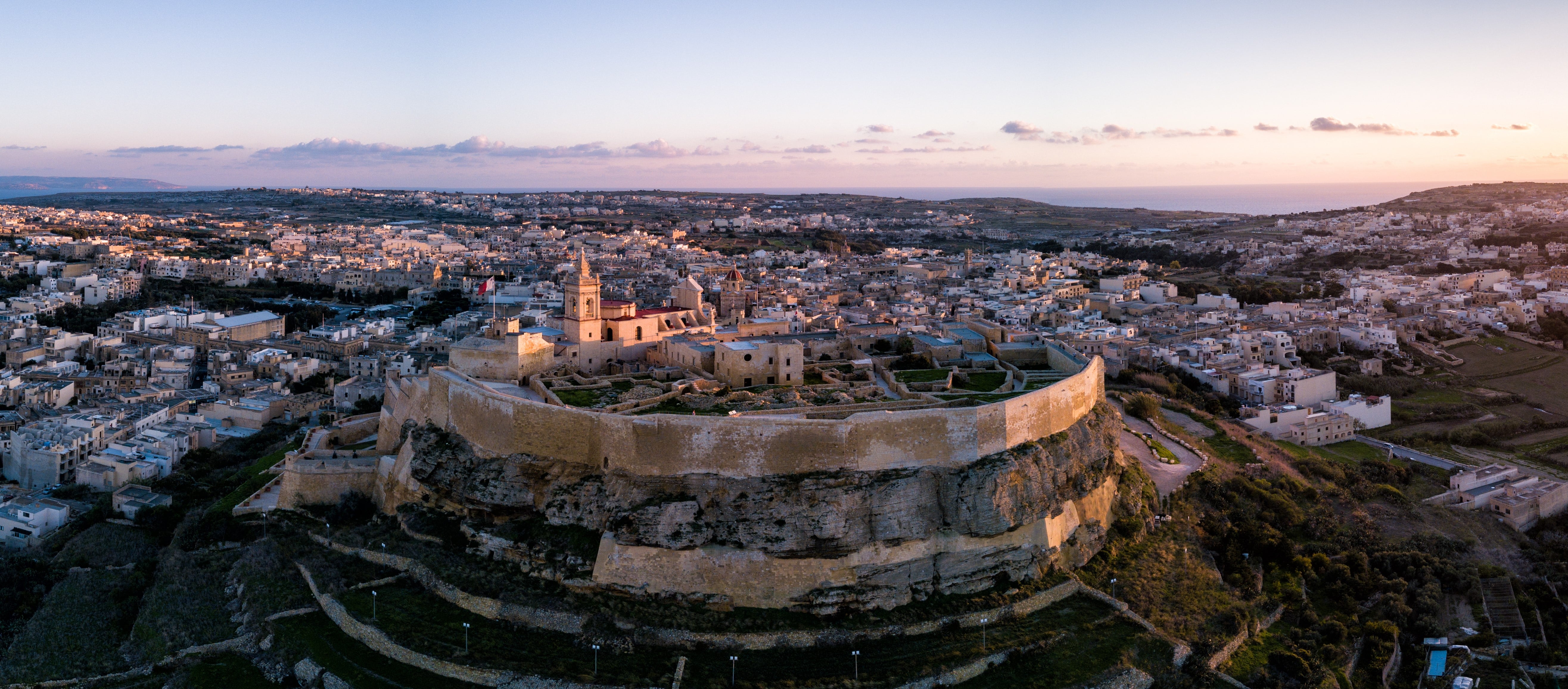Jobs for the Gozitans: where are we heading?

The number of Gozitan workers employed in the private sector in Gozo is rapidly diminishing. The reality is that Gozitan workers are preferring to work in Malta or abroad for better conditions of work and salaries.
Employers in Gozo are finding it hard to find Gozitan workers and, to keep afloat and keep the wheel turning, they are having to employ foreigners.
What is happening?
According to the information gathered by this portal, in the private sector in Gozo, the majority of the workers, particularly skilled workers and workers in the catering business and in construction, are foreign, specifically Sicilians, Serbians and Bulgarians. In the catering business Gozitans have become a rarity. The few Gozitans who still work in this sector are either at management level or are people who are so inured to the work that they would not dream of changing jobs.
A person who spoke to this portal said that, “one does not find any students who take up catering anymore except for the ones who graduate as chefs or similar positions … or students who work part time in summer”. He went on to say that “A Gozitan worker needs good conditions to work in this sector … there is also the factor that because when you work in catering you have to work weekends many students opt for other types of work so that they can have fun during the weekend.”
On the other hand, employers in the catering sector face the challenges posed by seasonality. The issue here is that owners of catering establishments need to pay salaries throughout the year!
It is a fact that the business of catering has grown in Gozo and the demand is ever increasing. However, while in Malta the catering sector is ongoing throughout the year, this is not the case in Gozo.
Something similar is happening in the construction sector. There are hardly any Gozitan workers left in this sector. Although at the moment there is a boom in this sector in Gozo, the fact remains that the market is smaller than the one in Malta and employers in this sector may not be in a position to pay higher salaries. A person who spoke to this portal said that “there were workers who learned the construction trade and left the company because they found work with better conditions or are doing the same job for a higher salary in Malta.” Because of this, employers in the construction sector are engaging foreign workers mostly from East Europe and Syria who lack experience. This has a financial impact on the employers who have to train these workers. Could it be that in the catering, construction and similar sectors, the salaries and conditions in Malta are better?
With regard to Gozitan women and the job market, it seems that women of a certain age and education level find it difficult to leave their families to go to work in Malta. Women who choose a career with better conditions and better pay are also choosing to stay and build a family in Malta. Women who choose to stay and work in Gozo and who, for personal reasons, did not continue with their studies, are found working in shops and in the tourist sector.
Another issue centres around students the majority of whom carries on to their studies at the University of Malta. Once they graduate, these Gozitan youths find work in Malta, marry and stay in Malta. As a consequence of this, their parents are leaving the villages they were brought up in in Gozo to go and live in Malta to be close to their children and their families.
Joe Muscat, the Chairperson of the Gozo Regional Committee and the Chief Executive of the Gozo Tourism Authority notes that there are work opportunities in Malta, for example in the aviation sector, which, for logistical reasons, cannot be found in Gozo. Therefore, because the aviation sector and the Igaming sector pay well and, also, due to the increased efficiency of transport between the two islands, Gozitan youths are opting to work in Malta.
He said that he receives a number of complaints from entrepreneurs in the private sector in Gozo because they cannot find Gozitan workers. In light of this issue, and for other reasons, the GTA commissioned a study on the tourist market in Gozo (which makes up 50% of the Gross Domestic Product of Gozo). The results of this study will be published shortly.
Overall, this portal calls for Government to strengthen its policies regarding the Gozitan job market. There is a need to direct foreign investment to Gozo as well as Malta in order to create quality employment with better salaries and conditions. Voice of the Workers contends that Gozo presents an ideal model for the setting up of cooperatives among Gozitan workers. Gozo and Gozitan workers deserve better.
